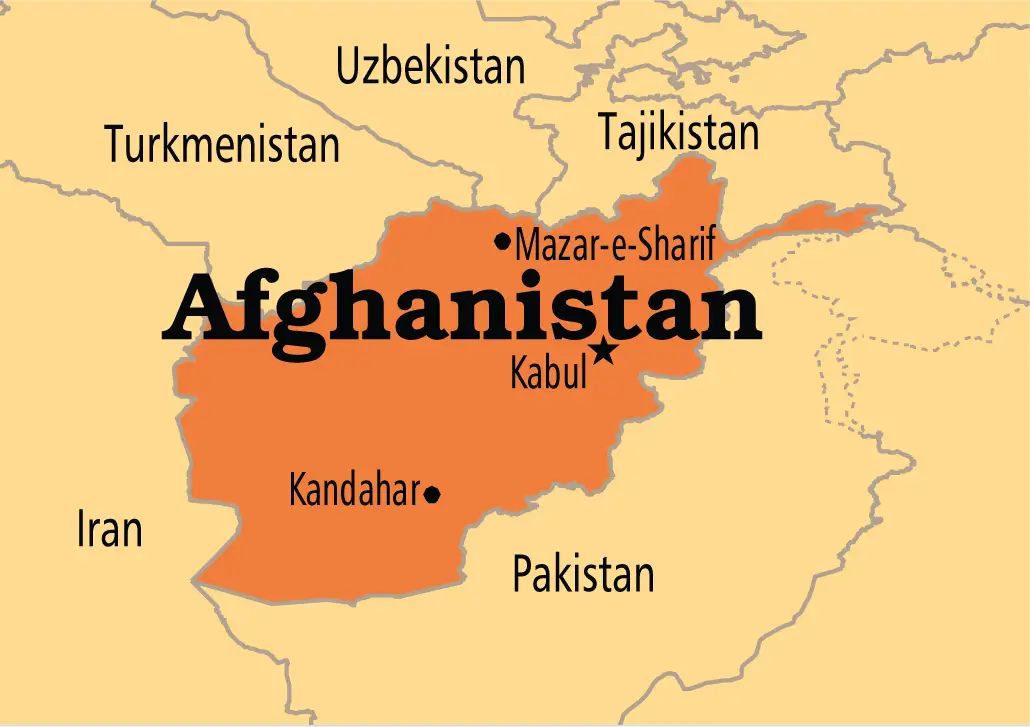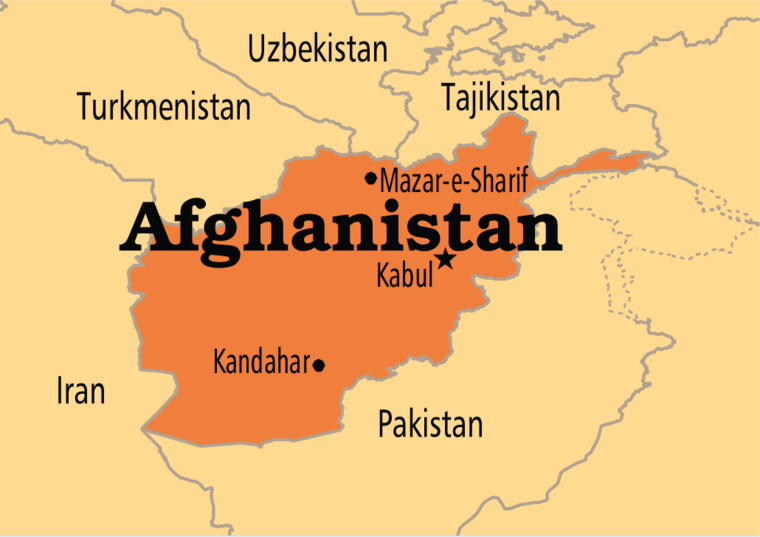The IRC says a fraction of the estimated cost to the U.S. of 12 years of fighting in Afghanistan would deliver lifesaving and proven aid in a crucial year for Afghans. Just 0.025 per cent could provide critically needed assistance for 5 million people. [UK figure is 1.75 percent of UK military spending over 10 years]
As Afghans go to the polls this week to elect their next president, a new report from the International Rescue Committee (IRC) is calling for renewed investment in humanitarian and development aid for Afghanistan. The report, which warns against fatal drift in 2014, draws on more than 25 years of experience of operating in Afghan communities and surveyed over a hundred Afghan members of IRC staff.
Against a backdrop of deep aid cuts and wavering commitments from donors, the report makes specific recommendations to improve the delivery of aid to protect and build on the fragile gains of the last decade – from education to health care to other essential community-based services.
David Miliband, president and CEO of the IRC, said, “It is extraordinary that just 0.025 per cent of the estimated cost of military operations in Afghanistan could provide critical assistance for 5 million Afghans this year.* [UK figure is 1.75 percent of UK military spending over ten years.] We can't afford to lose the fragile gains of the last decade and we don't have to.”
The report details knowledge from the IRC's unique experience with local partners in more than 4,000 villages, delivering emergency assistance, providing health care and education, improving infrastructure and helping the Afghan people find employment opportunities. Through these high-value-for-the-money grassroots investments in community-based projects, the IRC has learned what can work.
The report calls on the international community to stand beside the Afghan people as international troops leave the country. Five million Afghans need lifesaving support, such as food and emergency medical care and a further 4 million have chronic longer terms needs, including safety from conflict, regular employment and access to health care. In addition 650,000 Afghans are displaced within the country and an additional 2.5 million are living as refugees in neighboring countries, unable to return home.
The report includes a survey of the IRC’s Afghan staff - their primary concern is security, underscoring uncertainty fueled by troop withdrawals and this week’s election. They also evidenced tremendous concern for livelihoods and education which is why continued assistance is so vital.
Read the full report ‘What Next For Afghanistan’ here.
David Miliband, president and CEO of the IRC said:
“Conflict has torn at the fabric of Afghanistan for generations and a great deal of blood and treasure has been spent in the last decade. What we need now is urgent and sustainable investment to support the Afghans in securing their own future. Despite real security concerns the international community must not turn its back on the Afghan people. The end of international military operations in Afghanistan is the time to redouble humanitarian efforts, not scale them back.”
“The IRC has a long history of supporting the Afghan people. With Afghans making up more than 99 per cent of the IRC’s staff in Afghanistan, we understand the fears local people have if the international community chooses to look away. There are proven models of local, community-led intervention that deliver economic and social gains to the Afghan people. The IRC’s commitment is to work for the good of the Afghan people at this critical moment in their country’s history. We hope the international community will do the same.”
The IRC report details specific recommendations, urging the international community to:
1. Make a long-term commitment to the people of Afghanistan.
2. Support millions in need by making high-return investments at the local level with effective community-based programs.
3. Break the cycle of displacement through refuge, resettlement and asylum for vulnerable Afghans who cannot yet safely return home, and target those who have returned with concentrated support.
4. Respond quickly to lifesaving humanitarian and life-building development needs.
5. Use limited resources effectively. Aid agencies must coordinate and share information so that assistance reaches all in need.
6. Create a plan to align humanitarian and development response by listening to the needs of the people and draw on existing frameworks to create a comprehensive plan.
These recommendations were developed with and are supported by the IRC’s Afghanistan Taskforce: Madeleine Albright, Sir John Holmes, M. Farooq Kathwari, Kathleen Newland, Milbrey Rennie, Gideon Rose, Maureen White and James Wolfensohn.
 Menu
Menu
 International Rescue Committee report calls for urgent aid investment to ‘protect fragile gains’ in Afghanistan
International Rescue Committee report calls for urgent aid investment to ‘protect fragile gains’ in Afghanistan

















